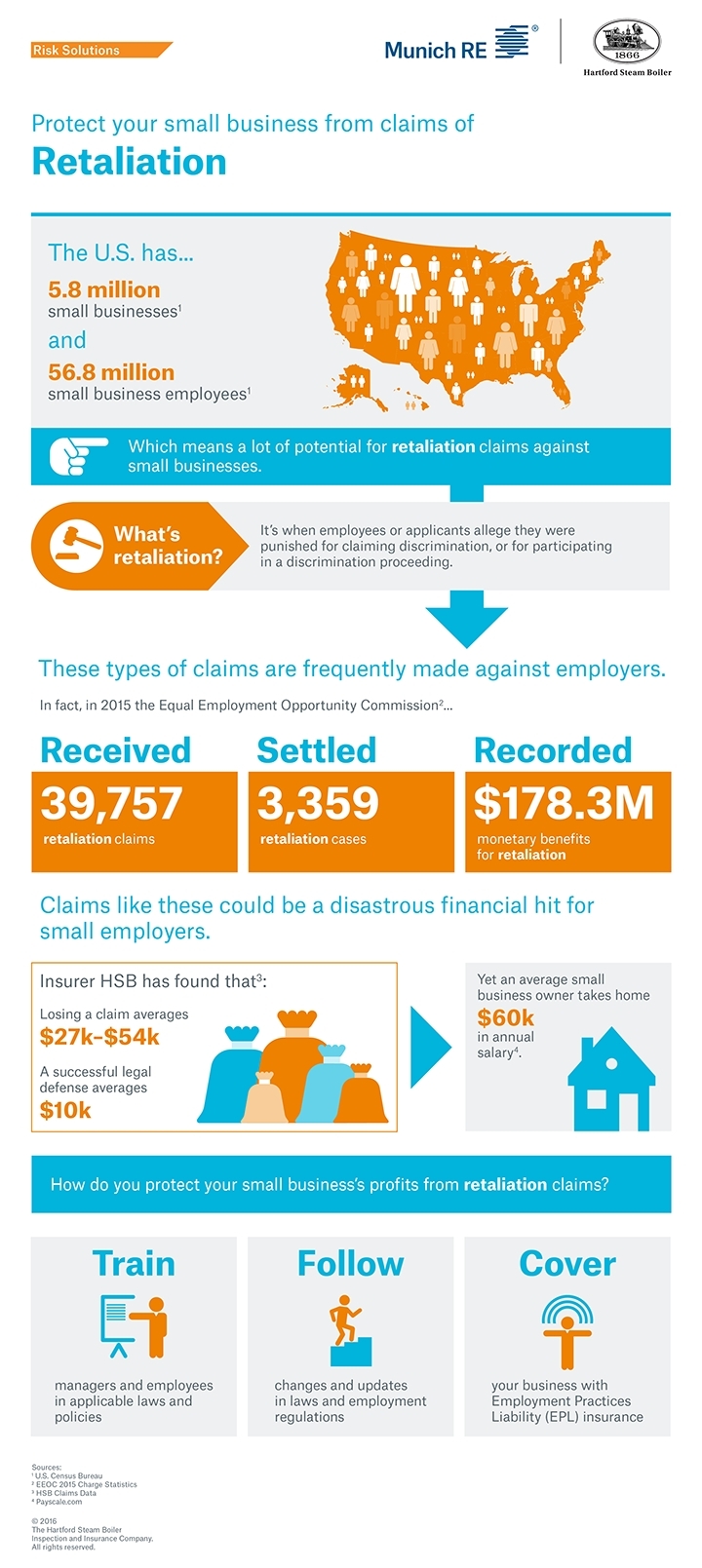The Need To Rethink the Boundaries of DIY And Taxes
At least once a month, quarter or year, taxes give small businesses nightmares. The sheer number of different taxes is mind-boggling, and the rush to review sales, put together multiple returns and mail everything out on time is chaotic. It kills time and sanity better spent growing a business.
No onestarts a business for the pleasure of paying taxes.
That is why Jonathan Barsade, CEO of Exactor, argues the need to rethink the boundaries of do-it-yourself (DIY) business. The hectic tax rush needs to become a thing of the past.
The Fallacy of Control: In every area of business, there is unrelenting drive for digitization, automation and simplification, but taxes have put up unusual resistance to that trend. Tax automation technology exists, but taxes inspire fear, and we try to conquer fear by postponing dealing with it.
That backfires. Managing taxes without professional help or technology is a recipe tax code confusion, math errors, missed deadlines, incorrect industry codes, forgotten signatures and dozens of other avoidable errors. Operating in fear of a call from state auditors makes it more likely.
DIY Needs Boundaries: At small businesses, (DIY) makes sense in many cases. For instance, why pay $10,000 to $20,000 for a website when you can build your own for a fraction of that cost with SquareSpace or Weebly? DIY makes sense until you’re dealing with tasks that do not allow for interpretation or error. There’s a reason why DIY heart surgery isn’t popular.
There’s also a reason why people don’t DIY digital payment processing. When businesses first began offering goods over the internet, customers used the phone to provide payment information. Today, calling a web company to buy goods is unthinkable. But given the regulation around credit card processing, no business is brash enough to DIY a payment system. Payment processing is too complicated and payment card security is too important.
With taxes, we’re doing open heart surgery on our own businesses, and no surprise, it creates nightmares every time. Some responsibilities are too important to not outsource.
The Price of Sanity: In businesses, some fear can stimulate productive growth, but too much instills paranoia and paralysis. Our reservoir of sanity is limited, and it’s best we spend it on tasks that grow our businesses.
If living in fear of security breaches and credit card fraud doesn’t make sense, living in fear of tax violations doesn’t make sense either.
With the best of intentions, taxes will still create trouble. Even if you don’t mess up, states send notices and assessments in error all the time. DIY is not the way to deal with them.
It’s time to set boundaries on DIY, and it’s time to make the chaotic tax rush a 20th century problem.




